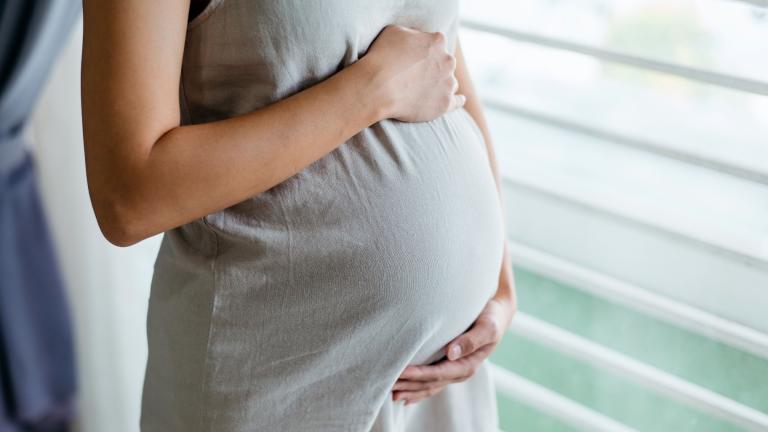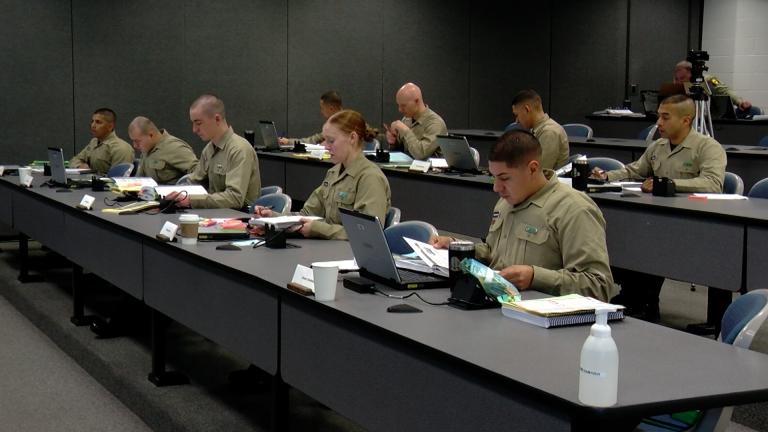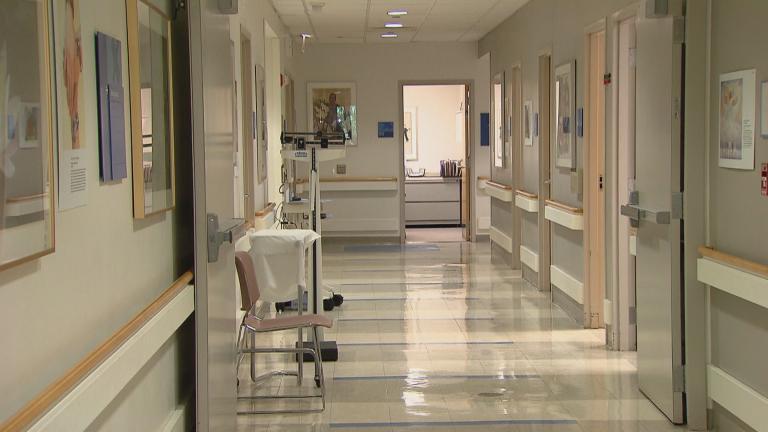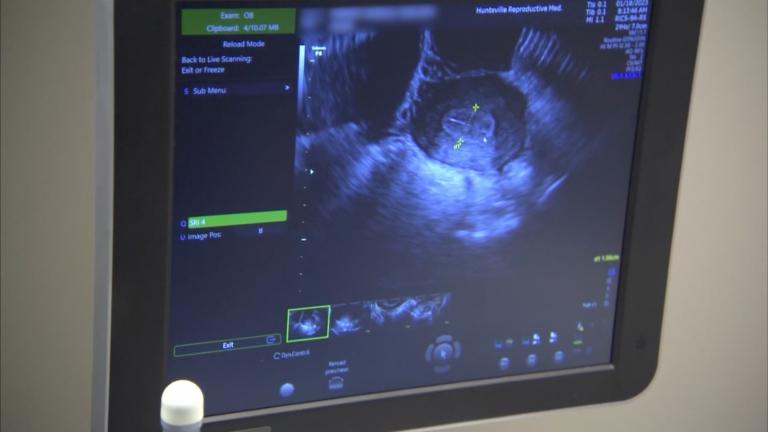More than 300,000 women left the workforce last month alone, according to an analysis of federal data by the National Women’s Law Center. And, the report found, women have lost 2.9 million jobs since February of 2020.
The COVID-19 pandemic hit women particularly hard – facing not only job losses, but health fears and family responsibilities. In particular, many of those burdens have fallen on low-income, working mothers.
Marci Ybarra, an associate professor at the University of Chicago’s Crown Family School of Social Work, Policy, and Practice, says finding child care was a challenge for low-income moms even before the coronavirus. Ybarra also notes that while there are subsidy programs that can help, they aren’t always easy to access – and that access isn’t the only challenge.
“Low-wage workers are disproportionately more likely to work in industries in which their jobs fluctuate, or they work non-standard business hours,” Ybarra said. “The child care industry has made progress in this area, but certainly not to the extent that we would need to see progress in order for low-income working women to have a robust child care safety net.”
In addition to child care, many women also don’t have paid family leave. After the pandemic upended our lives last year, Ybarra said many working moms had to find a way to look after kids who were home e-learning.
“Women are pulled in multiple directions for caregiving, even younger women increasingly so. Without paid leave provisions, it can be really difficult to patch together time off of work when it goes unpaid,” Ybarra said.
Ybarra and other researchers say access to child care and paid family leave would go a long way toward alleviating stress on low-income working mothers, and to help women regain their job losses as the pandemic hopefully eases.
“We missed an opportunity, I think, to strengthen our safety net between the recovery post-last recession to this current pandemic. My hope is that we’ve all learned some lessons about the need for a strong safety net in good times so that it can be robust in tough times,” Ybarra said.








